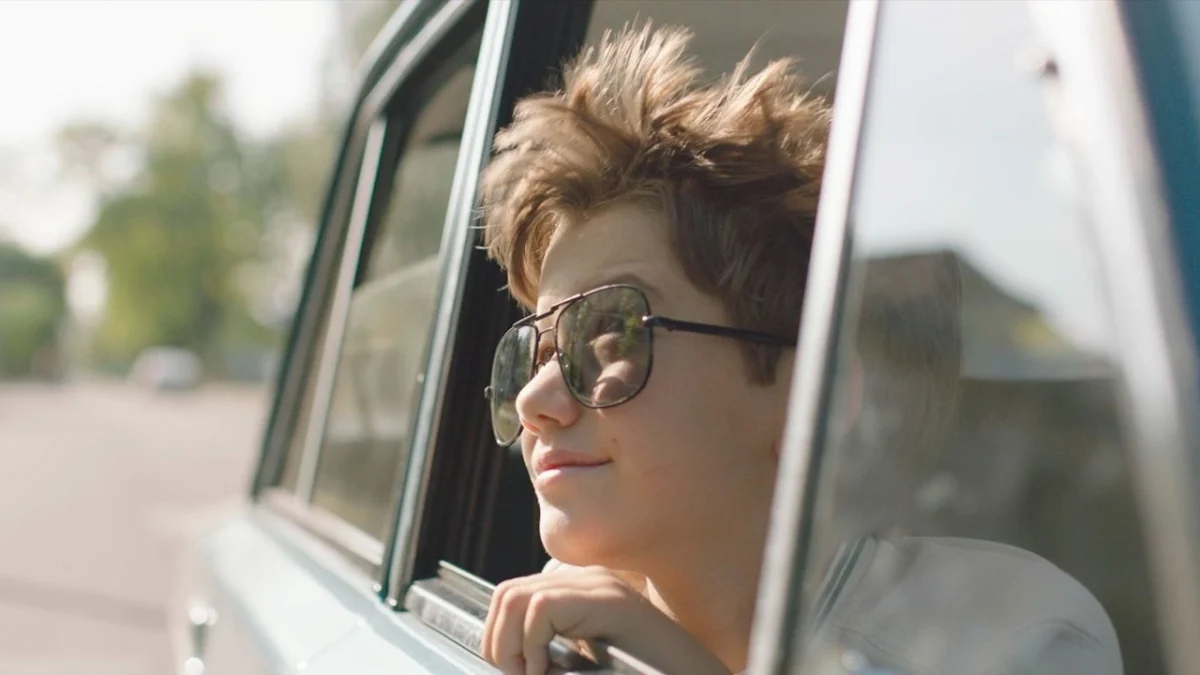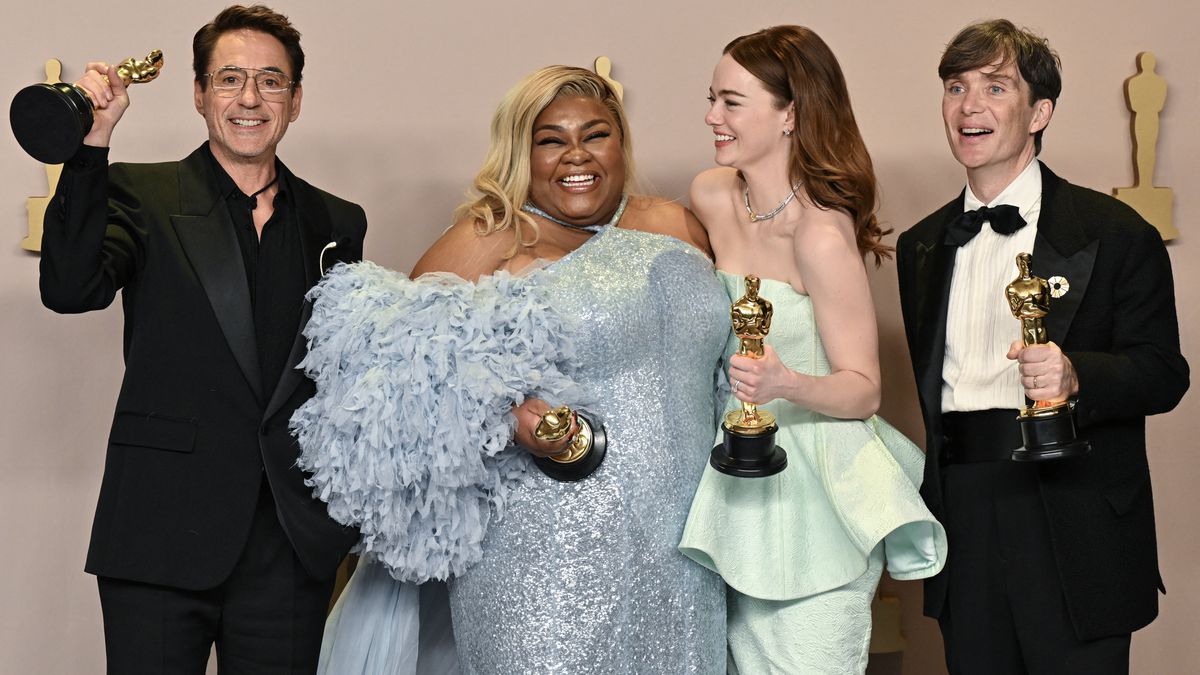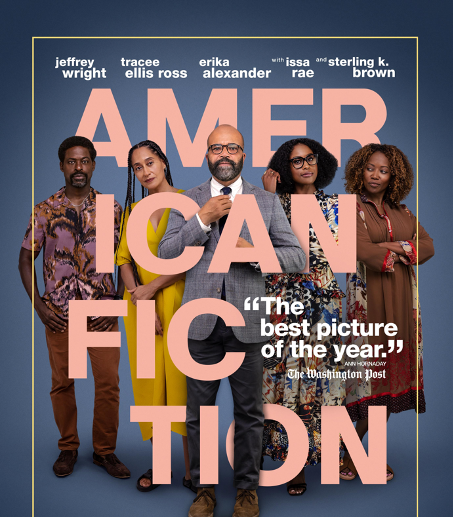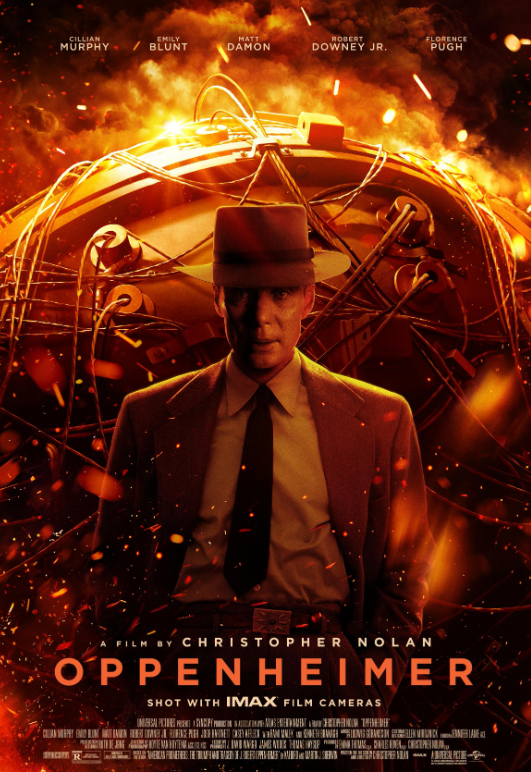
Spoiler warning: You’re gonna die.
But you already knew that little nugget of info, didn’t you? Does the knowledge of your life’s outcome “ruin” it for you? Does an awareness of an event’s conclusion irreparably sour it in your mouth? Does the magnanimity of life’s pleasures feel superfluous because of this one nagging detail? If so, then you and I have fundamentally different attitudes on how we see the world.
The obsessiveness that revolves around spoilers in pop cultural ‘discourse’ veers into religious fanaticism, and the level of gravitas that some have taken with it is unhealthy. (It is always enduringly pathetic/amusing when the same nerds who sneer at trigger warnings are sent into apoplectic fits when the latest “Game of Thrones” casting news doesn’t come with the appropriate spoiler warning.)
I use the passive-aggressive quotation marks around ‘discourse’ because there’s the rub: spoilerphobia, for a lack of a better word, has put a stranglehold on discussions around art. It inhibits conversation and compulsively individualizes the viewing experience, when such an act should be a communal one.
How often has the following scenario happened: you ask your friend if they have seen the latest episode of, let’s say “Westworld,” you both eagerly dive in to discuss all your favorite characters and where the story may be headed, when a chorus of “Wait wait I haven’t caught up” and “La la la can’t hear you’s” interrupt your conversation.
It is as if everyone’s completely arbitrary viewing schedules need to be protected with the sanctity of holy scripture. Something that is built on convenience alone should not dictate conversation. To be blunt, deriving enjoyment from narratives solely from the plot’s skeleton alone is a shallow way of approaching art.
Of course, apprehension over spoilers is understandable, and the purpose of this column is not to argue we should throw spoiler warnings in the garbage bin entirely. Many may cite a certain study that empirically proves that spoilers do not actually affect one’s enjoyment of a narrative. Though the study has its problems (it’s unlikely a group selected at random will reflect an audience, which, as a result of marketing, will be specified toward certain media), there is an important takeaway.
Basically, spoilers don’t ruin a story, they ruin one specific aspect of a story: surprise. Now, surprise really is wonderful-the giddy zest that wells up in a viewer upon the revelation that the two lovers are actually long-lost twins or that the hero’s father turns out to actually be an evil imperialist is indescribable.
Nevertheless, to pretend that purely base-level reactions to a story are the only ones that have validity in an assessment of a work is profoundly reductive. Knowledge of a twist does not “ruin” anything, as some will ridiculously insist, and it certainly should not dissuade a potential audience member from seeking out a work. It’s disrespectful to the art to claim superficial awareness of a media’s rough story elements somehow diminish the pleasure derived from it. It’s disrespectful to the art’s craft, which is so much more important than the sum of its parts.
Hysteria endemic to “spoilerphobia” is, in actuality, only a red herring for a deeper issue about how we consume. The real pathology at work here is an inability to actually engage with the work at hand.
Since this conversation around spoilers actually extends to a larger dialogue based on how different people engage with narratives, it becomes necessary to break down the various levels to which we participate in artistic consumption.
There is so much more to narrative appreciation than just barebones story structure-which only scratches the surface of what makes a narrative a narrative. It may sound snobby to insist that there are ‘right’ and ‘wrong’ ways to engage with media, but I would argue that the so-called spoilerphobes only do themselves a disservice.
Think of all the wonderful things that make up a great story: the rich characters, the gorgeous visuals, the scintillating dialogue, the cultural-historical context, the fascinating themes, the craft of the story itself. How the story is constructed is far more important than its basic outline.
Let’s say we’re watching a movie about a family dog. It seems as though it’s a simple, run-of-the-mill family comedy, when suddenly, this same pooch utters, “I am human and I need to be loved.” Now, if I accidentally spoiled myself stumbling upon the Wikipedia plot summary, I would be more-not less-intrigued with the movie after acquiring this knowledge.
What caused the dog to speak? Why a line from a Smiths song? What is his motivation? Why insist upon his humanity when he is, in fact, a dog? What are the thematic implications of this reveal? Is this a commentary on our tendency to anthropomorphize the non-human buried here? What does it mean to be human? What does it mean to love and feel loved? These are all questions much more important to me than cursory plot knowledge. Understanding the “what” of a narrative is only the first step. The analysis of a story’s “why” and the “how” always yields a greater sense of enrichment.
If anything, previously acquired knowledge of text’s plot often enhances the viewing experience rather than diminishing it. I knew about the details of the infamous “Red Wedding” episode of “Game of Thrones” long before I actually saw it, and that knowledge only ratcheted up the nausea and tension I felt as I watched the scene transpire, powerless to stop it.
Why would works like “Romeo and Juliet” or “Hamlet” continue to resonate long after the bloodiness of their endings has become common knowledge? (Sorry if you’re not up-to-date on these several-year-old-texts.) If a revealed plot detail genuinely “ruins” a story, then perhaps the story in question wasn’t that good in the first place.
Stories are a central fixture of culture. Whether passed down through oral tradition or commemorated in writing, they act as humanity’s connective tissue. They are empathy devices that allow us to transplant ourselves into environments, perspectives and ways of being. Shock and surprise are great, but there are more important factors at work here. Stories are about building community.
Nowhere do I feel closer to the sublime than that feeling I get huddled around a campfire as each of my friends tell ghost stories, ones that still maintain their impact even when I’ve heard them a dozen times before.
Because no good story can ever really be spoiled.
Nate Taskin can be reached at [email protected].




















Devil's Advocate • Apr 29, 2017 at 2:09 am
While I agree with your main point, that spoiler-phobia has gotten a bit overzealous, I do believe that surprise is essential to enjoying certain media. For example, take mysteries. The entire point of the whodunit genre is that the reader doesn’t know the twists, and can figure it out themselves. In Agatha Christie’s “The Mousetrap”, the audience is specifically told not to reveal the killer’s identity to their friends, as knowing in advance would effectively ruin the whole experience. A majority of this genre is not read for the characters or dialogue, but for the surprise at the end. Outside of this niche, I feel your assessment is entirely accurate.